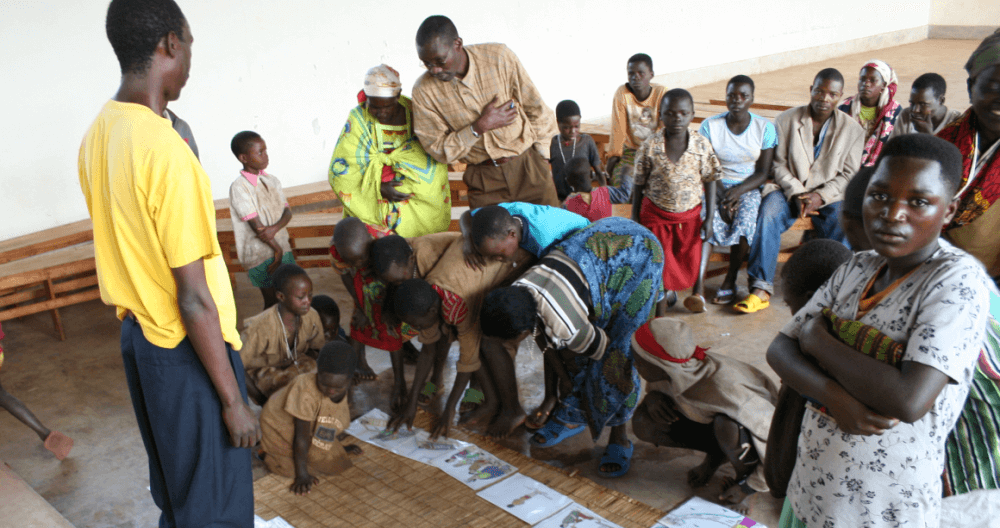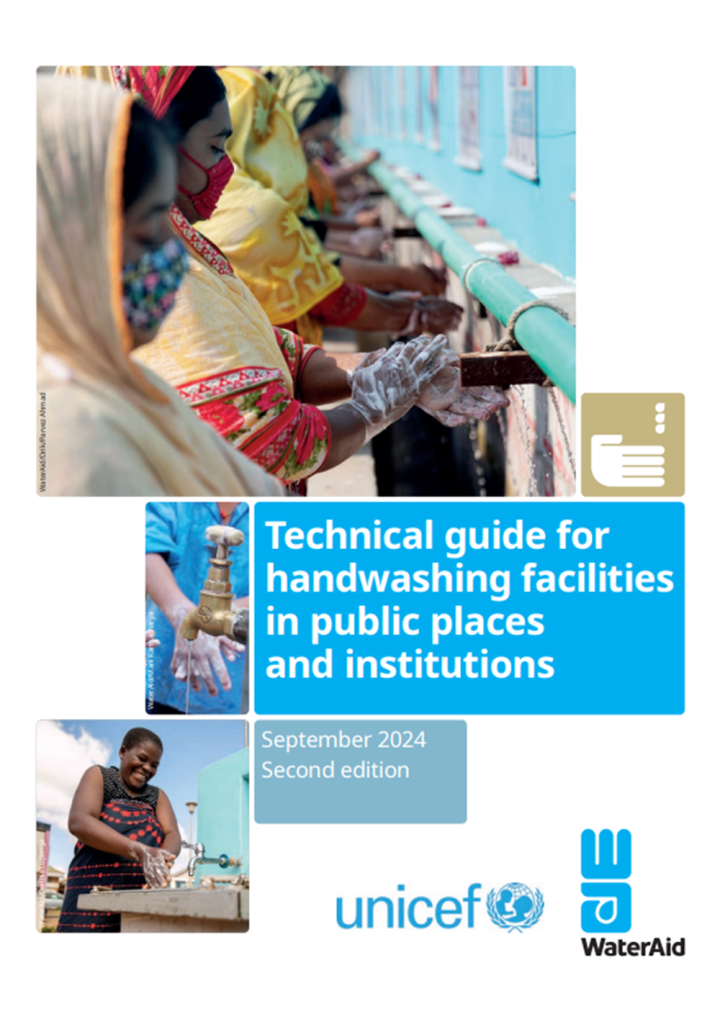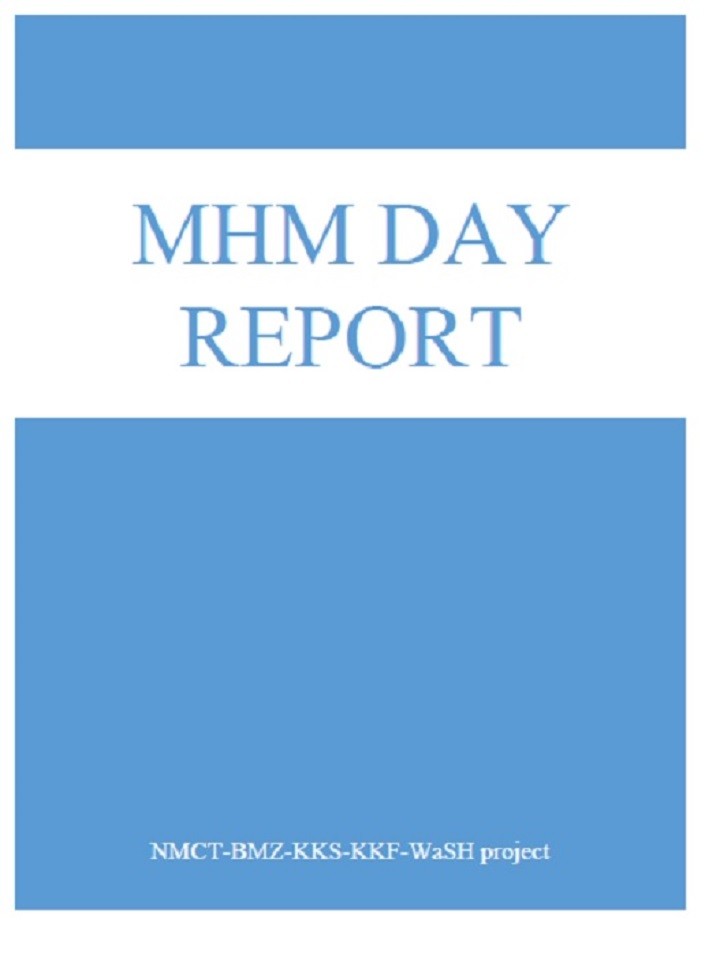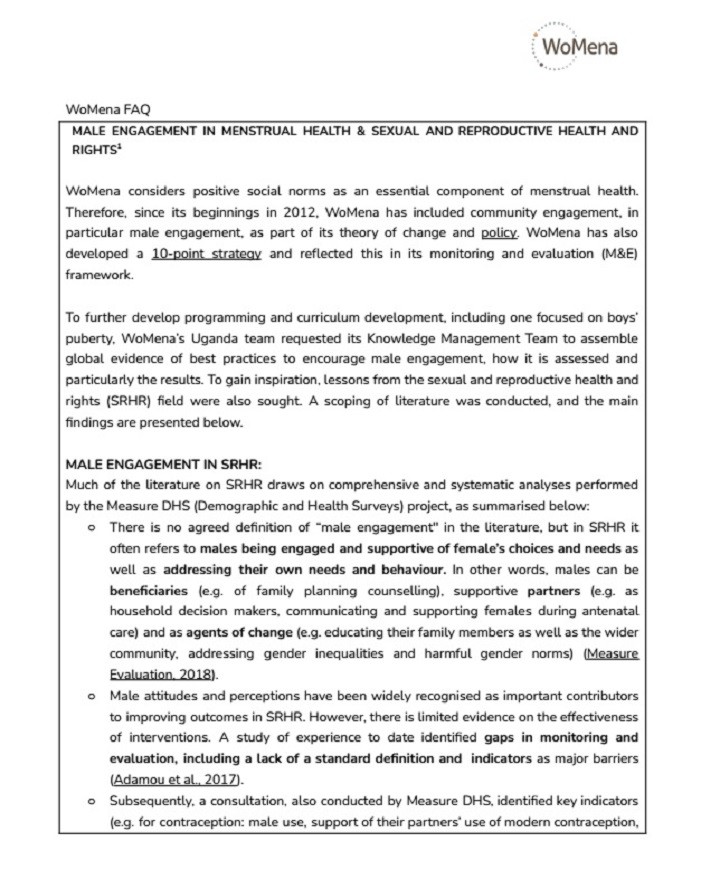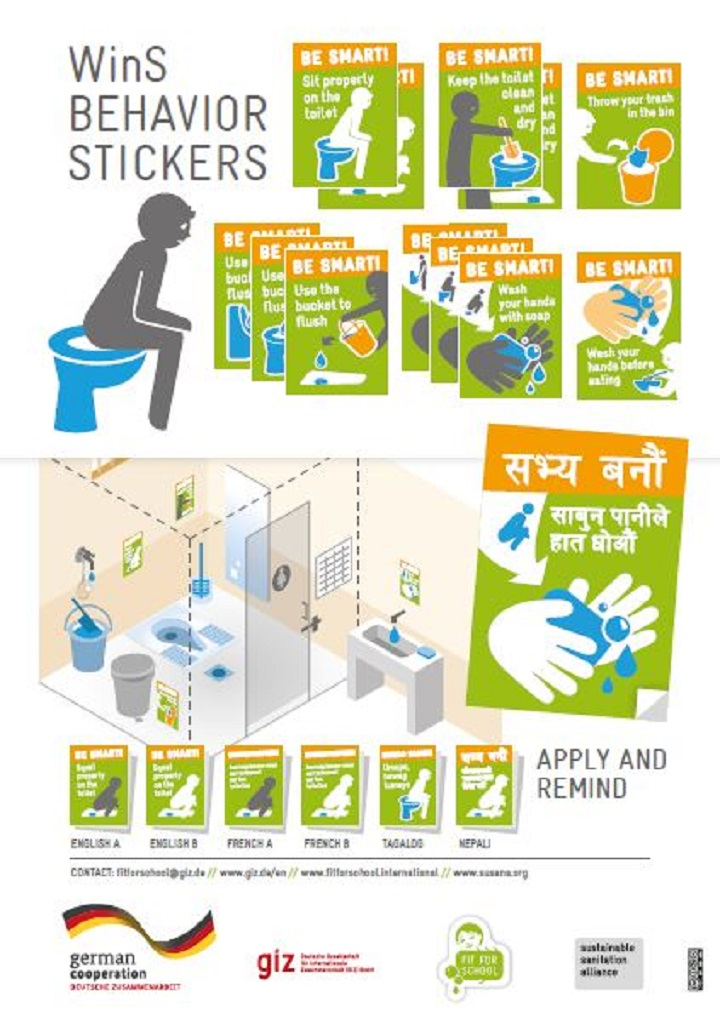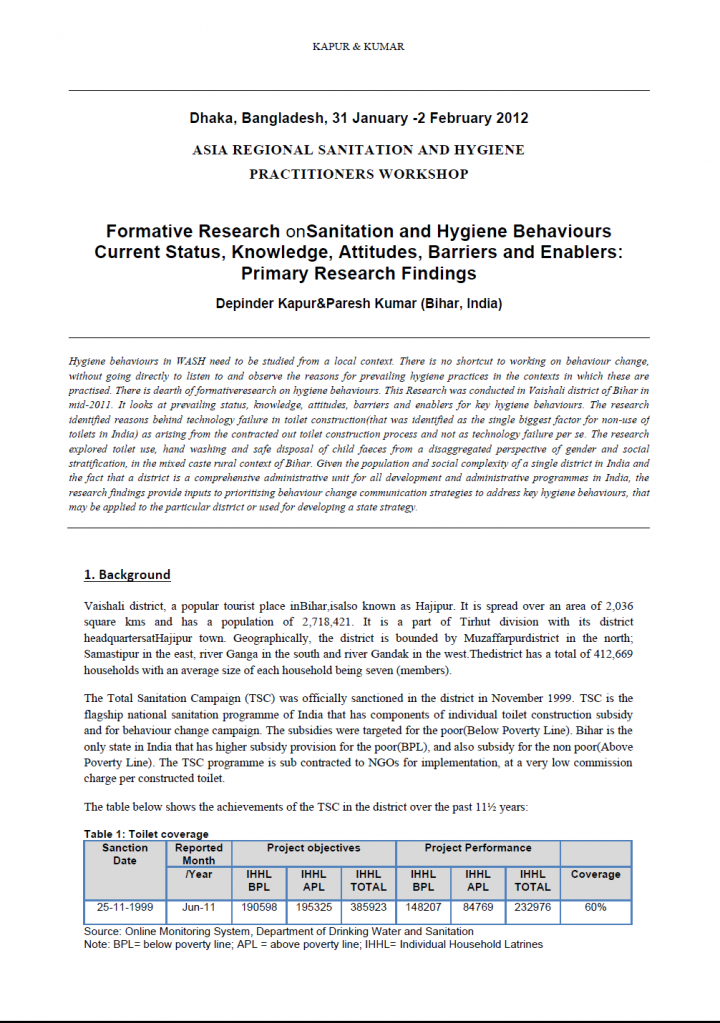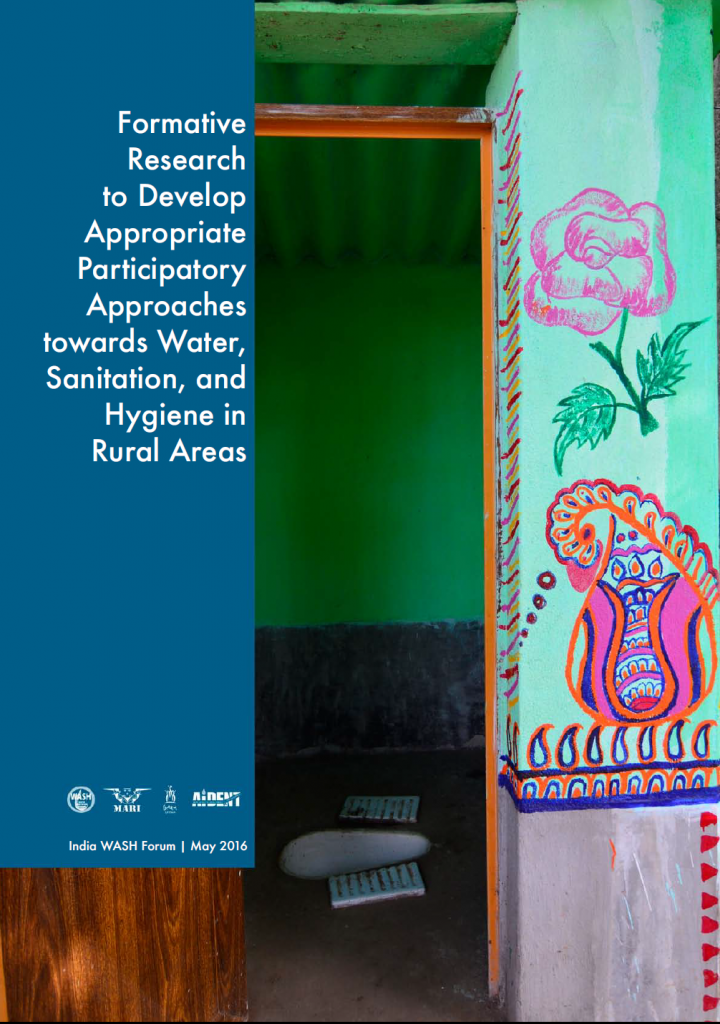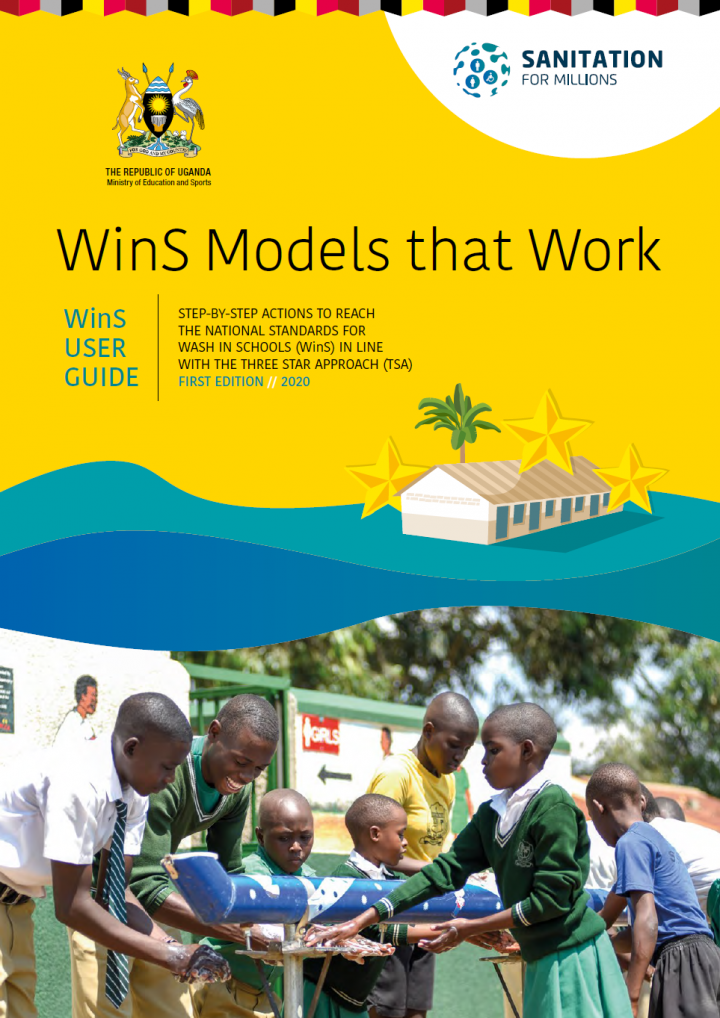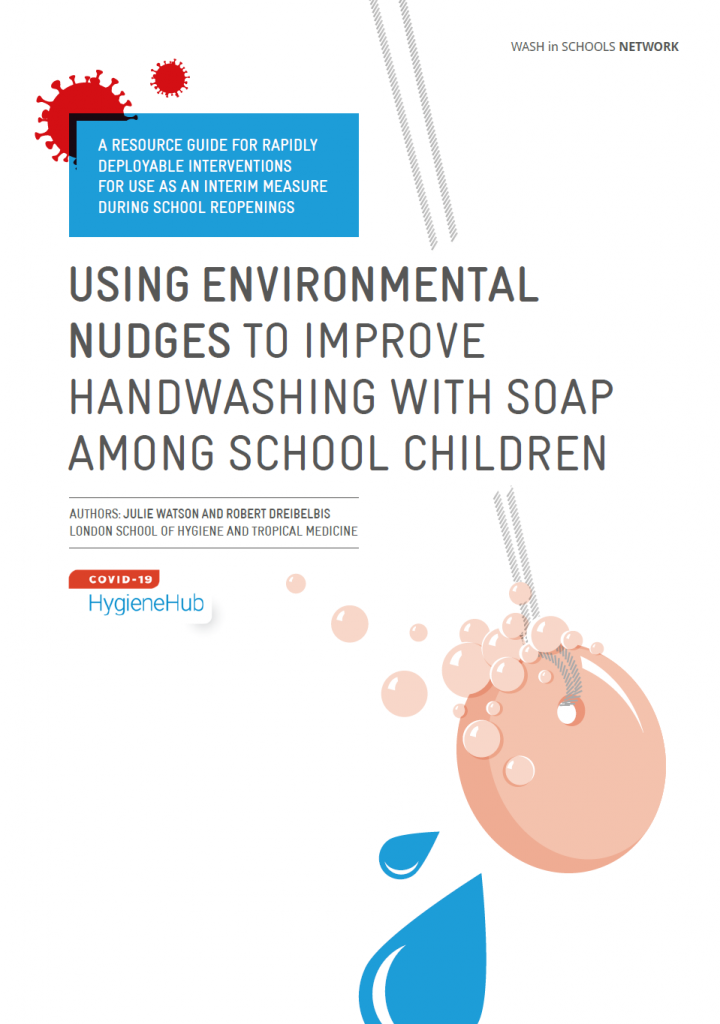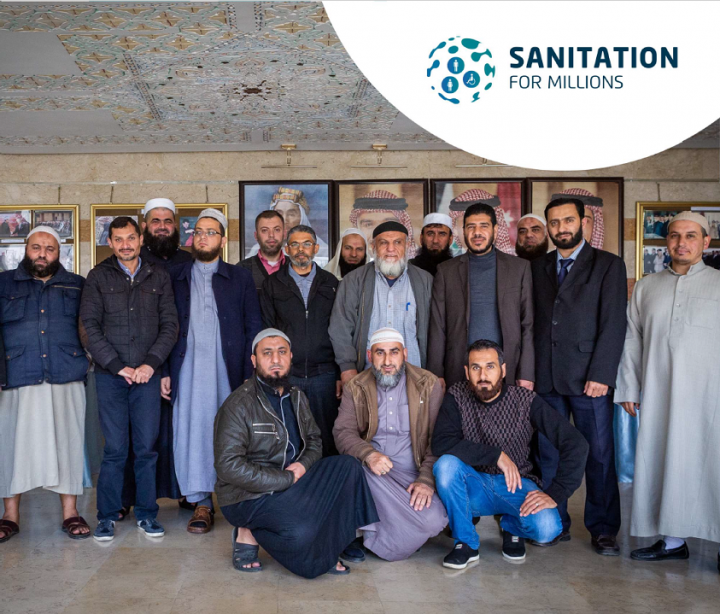Promoting collaboration and synergies amongst those working in Behaviour Change.
Background: Why focus on Behaviour Change?
Sustainable water, sanitation, and hygiene do not only rely on the provision of technology and services, but also on proper usage. Behaviour Change is a critical component of improving access to and practices around water, sanitation, and hygiene. While traditionally, the WASH sector has focused primarily on the delivery of "hardware" solutions, it is becoming increasingly evident that the "software" component of WASH, such as Behaviour Change, must be prioritised. The provision of services alone is not enough to achieve the health outcomes associated with improved WASH, facilities must also be utilised habitually and properly at key times.
Objectives
Working Group 13 aims at fostering learning about Behaviour Change amongst SuSanA members, promoting collaboration and synergies amongst those working in Behaviour Change, and raising the profile of the importance of addressing Behaviour Change in relation to sanitation goals.
Ways to get involved
Existing and new SuSanA members are welcomed to get involved in the WG. Sign-up for the WG email list to stay updated and to let us know how you can lead or contribute to one of the following areas we plan to focus on:
Knowledge, Research & Learning
- Share your experiences working on Behaviour Change, both within and outside the WASH sector
- Present in, or participate in learning events such as webinars or thematic discussions
- Send us key documents on Behaviour Change so we can build a Behaviour Change section in the SuSanA library assemble a top 10 list of key documents to post on the SuSanA website
Networking, collaboration and partnership
- Promote the WG13 among your networks
- Join or organise a WGmeeting online or in person
- Create links to other WGs, networks, and community of practices
- Use the forum to engage with other members
Policy and advocacy
- Advocate for Behaviour Change amongst other SuSanA WGs and within the WASH sector at large
Behaviour change webinar series (Part 1-3)
Om Prasad Gautam, Babazile Bhembe, Lindsay Denny, Lara Kontos, Joana Da Cunha Forte, Golam Muktadir and John Knight (2024)
Technical guide for handwashing facilities in public places and institutions
Hand hygiene is a key line of defence for many diseases, including diarrhoea and cholera. To maintain good hand hygiene and get more people into the habit of regularly washing their hands, public handwashing facilities with soap and water are essential.
For many years, we have worked with governments, UNICEF and […]
NMCT, KKF (2021)
MHM Day Report
The Native Medicare Charitable Trust (NMCT), the Bundesministerium für wirtschaftliche Zusammenarbeit (BMZ), the Karl Kübel Foundation (KKF) and the Karl Kübel Stiftung (KKS) organized various programmes due to MHM day celebration. They created a theme for MHM day 2021, which was “Time to celebrate our Womenhood”. Based on the theme […]
WoMena (2021)
How can Males be engaged in Menstrual Health & Sexual and Reproductive Health and Rights?
WoMena considers positive social norms as an essential component of menstrual health. Therefore, since its beginnings in 2012, WoMena has included community engagement, in particular male engagement, as part of its theory of change and policy. WoMena has also developed a 10-point strategy and reflected this in its monitoring and […]
UNICEF (2020)
Handwashing options to combat COVID
A compilation of handwashing options
Handwashing with soap is critical in the fight against COVID-19. This film is compilation of different design options for minimal touch hand wash facilities located in Odiya.
GIZ (2020)
WinS Behavior Stickers
Apply and Remind
Behavior stickers for WASH in schools (WinS) interventions to be used for applying and reminding users of hygienic habits.
Kapur, D. & Kumar, P. (2012)
Formative Research on Sanitation and Hygiene Behaviours
Current Status, Knowledge, Attitudes, Barriers and Enablers: Primary Research Findings
Hygiene behaviours in WASH need to be studied from a local context. There is no shortcut to working on behaviour change, without going directly to listen to and observe the reasons for prevailing hygiene practices in the contexts in which these are practised. There is dearth of formativeresearch on hygiene […]
Kapur, D.; Ramisetty, M. & Barot, N. (2016)
Formative Research to Develop Appropriate Participatory Approaches towards Water, Sanitation, and Hygiene in Rural Areas
India faces the twin challenges of having the most number of people in the world defecating in the open and also for the burgeoning crisis of untreated fecal waste that is contaminating our surface and ground water creating an imminent health crisis. The latest Swachhta Stats Report1 shows an encouraging […]
Pizzacalla, K. & Nantume, G. (2020)
Sanitation For Millions - WinS Models that Work
Step-by-Step Actions to reach the National Standards for WASH in Schools (WinS) in Line with the Three Star Approach (TSA)
The Ministry of Education and Sports recognizes that Water, Sanitation and Hygiene (WASH) programs in schools (WinS) are a key priority area and that improved hygiene practices and a clean school environment are contributory factors to ensuring that learners can enjoy an acceptable standard of health. The need for a […]
WASH in Schools Network (2020)
Using Environmental Nudges to improve Handwashing with Soap among School Children
A Resource Guide for rapidly deployable Interventions for use as an interim Measure during School Reopenings
This resource guide by Watson, J. & Drebelbis, R. provides an overview of the science behind nudge-based handwashing interventions and the evidence supporting the use of environmental nudges for handwashing in schools in low-resource settings. Resources and tools for planning and implementing nudge-based interventions in schools are also provided.
Gerlach, E. (2020)
Sanitation for Millions - Curtain call for Caretakers: the Hausmeister concept
Universal access to adequate sanitation is one of the under-appreciated achievements of many societies – and unfortunately remains a distant dream for millions. Even in countries where there is no home without a toilet, public institutions tend to have facilities that are part of the unseen fabric of civilisation. Familiar […]
Working Group Leads
